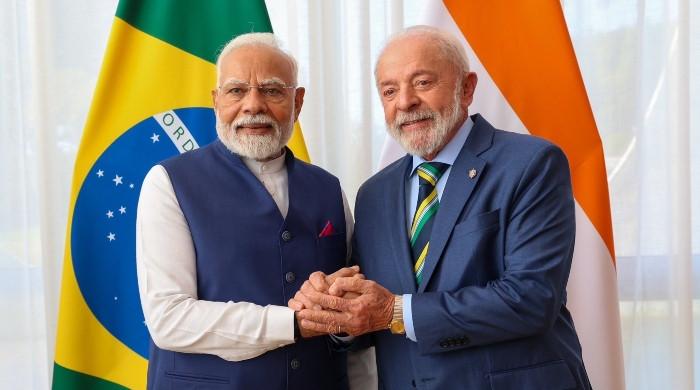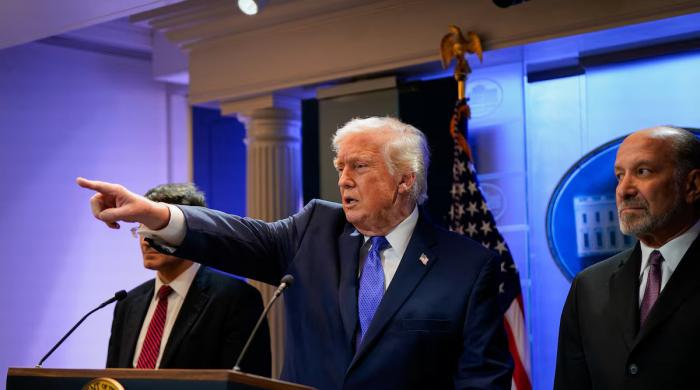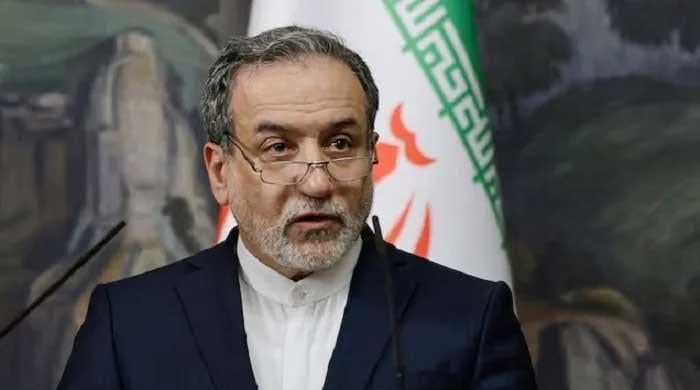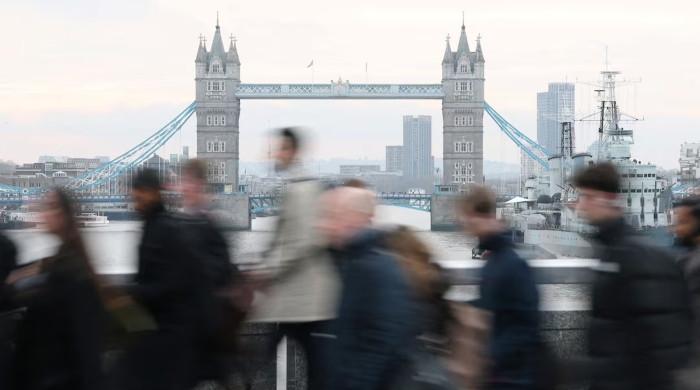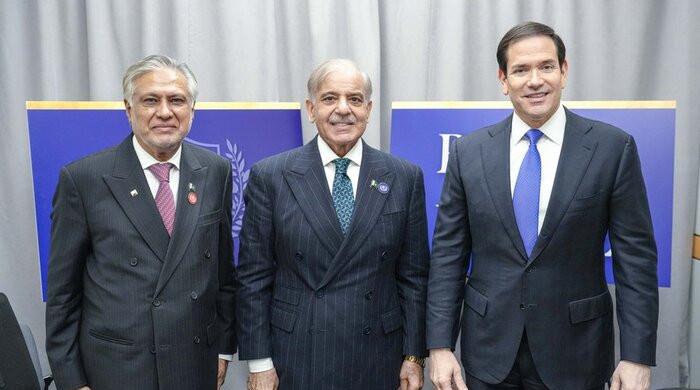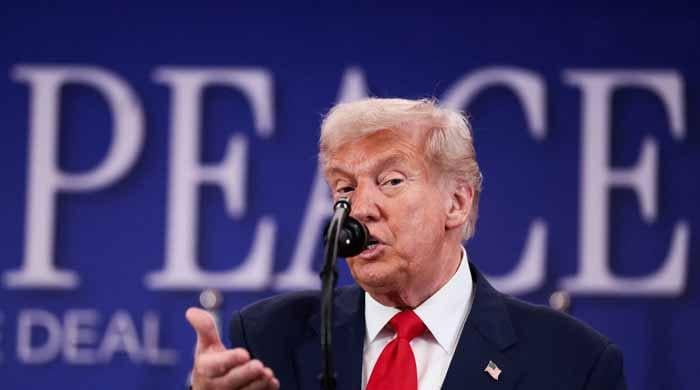US strikes on Syria are creating ripples in France
The French people, like the Dutch last month, seem fated to celebrate the “historic” win of liberal globalists
April 13, 2017

Brussels: Jean-Luc Melenchon, a far-left presidential candidate in France, projected as number three with approval rating of 19%, has declared the American missile attacks on Syria as, “criminal, irresponsible act....a huge mistake that will increase tension.” Combined with Russia-friendly, anti-EU, Marine Le Pen, both far-left and far-right, along with deeply rooted, anti-war mass movement, are rejecting the globalist agenda of the international corporate elite.
Melenchon's radical agenda and scathing criticism of “sham” socialists is already attracting huge rallies. He wants to reduce France's working week from 35 to 32 hours, lower the retirement age back to 60, increase minimum wages and social security payments, increase taxation of the rich, quit nuclear power, renationalise national power group EDF and welcome immigration. He wants to pull France out of the market-friendly European Union as well as NATO, and he has supported Russia's military action in Syria and Ukraine.
Similarly, Le Pen considers EU as “the last stage on the road to world government” and a “puppet of the new world order.” She denounces sanctions against Russia and “submission” of Western Europe to NATO interests. Like her father, Jean Marie Le Pen who opposed American interventions in Iraq in 1991 and 2003, she opposed French involvement in Libyan Civil War. A pro-Israel, Islamophobe, anti-immigrants leader with protectionist agenda, she advocates state responsibility to health, education, transportation, banking and energy. With 20% rating, Le Pen is feared to be defeated by a large margin like her father who was defeated by an overwhelming majority of 83% by Jack Chirac in 2002 elections.
On the other hands, President Hollande's passionate support to the US missile attack and its EU endorsement lowered the already dwindling popularity of Socialist Party (currently at 11%), which is under severe criticism by not only centre-right, far-right and far-left, but also from within the party itself. Many staunch voters are increasingly disillusioned by its unconditional “servitude” to globalists anda revised program that serves liberal profiteers rather than workers interests. Recently, even National Front of Le Pen has gained in its traditional strongholds.
Ammanuel Macron, however, has emerged as the blue-eyed boy of French media as a “charismatic leader”. All the polls are predicting him as the next president of France. With 23% approval rating, he is expected to defeat Le Pen in the second round. An acute banker and a most promising member of the French corporate elite, he is a ruthless pursuer of “ideology-free” liberal agenda. An independent leader of his own newly formed party, he belongs to “neither left nor right—only growth.”
As Minister of Economy, Finance and Digital Industry under Prime Minister Manuel Valles in 2014, he created the notorious “Macron Law” and “El Khomir Law” proposing massive deregulations and “reforms” in labour laws. Both laws, fiercely opposed by the parliament, prompted workers to take to the streets for weeks besides engendering split in the Socialist Party. This was before the law was imposed through Article 49.3, which upholds unilateral presidential orders over parliamentary majority.
Before that, Ammanuel Macron had worked for Rothschild Bank after assisting France’s famous intellectual guru Jacques Attali, whose Commission of the Liberation of Growth prepared a list of 316 proposals to restructure France as a growth-oriented liberal economy with minimum social burden. According to Foreign Affairs in January, Macron is, “the English-Speaking, German-Loving, French Politician Europe Has Been Waiting For.”
An interesting suggestion is to build a grand alliance of Communists, Socialists and Greens. The idea is to present a clear radical program to narrow down the contest among left, far-right and liberal parties. This united front is hoped to secure Muslim votes, which is 10% of French population. The centre-right is already discredited by the corruption scandal of its leader, Francois Fillon.
Both Macron and Le Pen challenge status quo; the former promises “socialist” heritage of welfare and protections while the latter wants to throw away EU luggage. The dominant trend, however, is the supremacy of themes and personalities rather than parties. If the Left decides to unite, it can defeat Le Pen to transform the election into a battle between ideology and ruthless profit. If not, the French voters shall have no choice but to vote for liberals to ward off sickening and isolating xenophobia. Macron (23%), Melenchon (19%), Fillon (18%) or Hamon (11%), whoever reaches the second round, shall enjoy the support from rest of the three. The French people, like the Dutch last month, seem fated to celebrate the “historic” win of liberal globalists.





